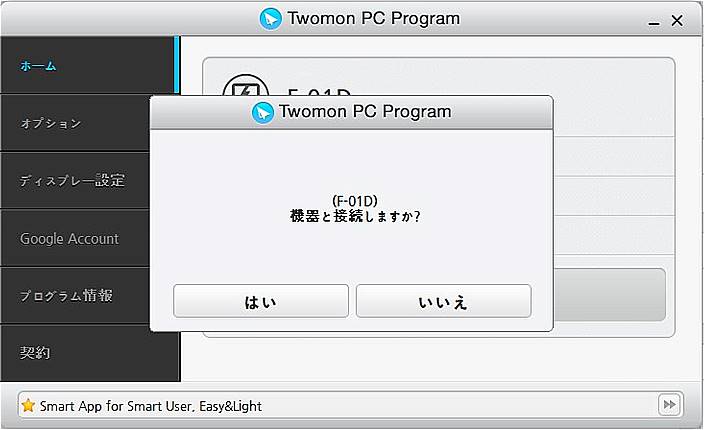


We suggest in this methodology two RE scenarios, (i) using GDSS for a collaborative elicitation when groups of users with common objectives are identifiable or (ii) with pivot tables and rapid prototyping formalisms when only individual volunteers are participating. In this work, we propose a new generic and participative DW design methodology that relies on a Group Decision Support System (GDSS) to support the collaboration of the engaged volunteers. When stakeholders have divergent goals, it becomes problematic to maintain an agreement between them, especially when it comes to eliciting DW requirements whose future use is meant to serve as larger interested public as it possibly could. This is hence because they come with different backgrounds and they do not have an acknowledged representative leadership, which would very likely lead to multiple contradictory interpretations of the data and consequently of conflictual requirements. Unlike in classical contexts, requirements engineering RE with volunteers lacks group cohesion and straightforward strategic objectives. They might be association adherents, online community members, observatory volunteers, etc. However, they are still in most cases limitedly used except by enterprises or governments while, with the huge amounts of data produced and collected by the Web2.0 technologies, many other unusual users might benefit from analysing their data if DWs are properly dedicated to their specific needs. Data warehouses (DWs) are widely known for their powerful analysis capabilities that serve either for historic data investigation or for predictions of potentially continuous phenomena.


 0 kommentar(er)
0 kommentar(er)
